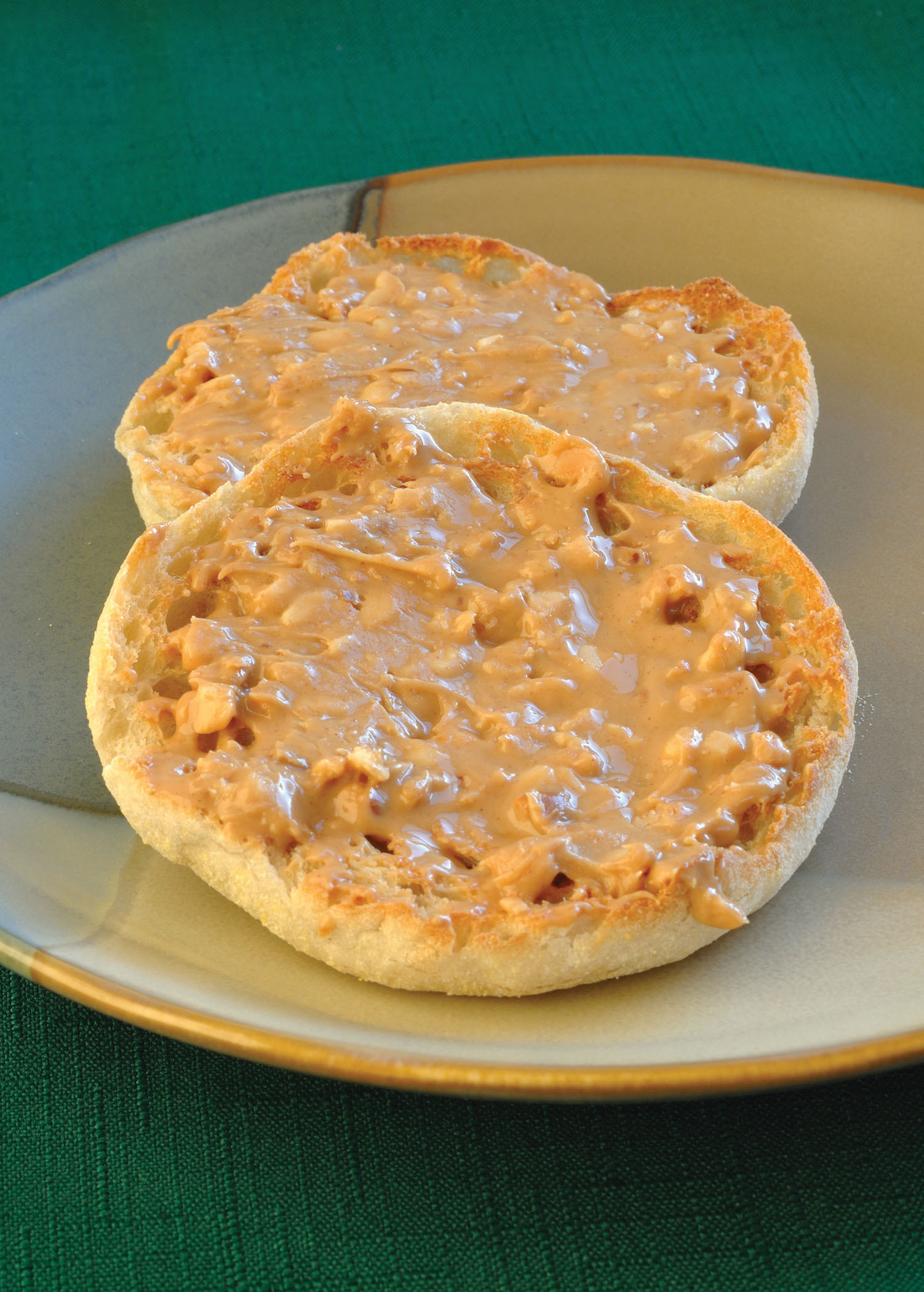
5 timeless habits for better health

What are the symptoms of prostate cancer?

Is your breakfast cereal healthy?

When pain signals an emergency: Symptoms you should never ignore

Does exercise give you energy?

Acupuncture for pain relief: How it works and what to expect

How to avoid jet lag: Tips for staying alert when you travel

Biofeedback therapy: How it works and how it can help relieve pain

Best vitamins and minerals for energy

Should you take probiotics with antibiotics?
Digestive Health Archive
Articles
Travel tummy troubles: Here's how to prevent or soothe them
Digestive troubles are no one's idea of fun, but having them occur while traveling or vacationing is even worse. Here's a closer look at three common digestive upsets, how to prevent them, and what to do if you have one.
Hospitalized patients can bring home infections
Clostridioides difficile, a bacterium that causes severe diarrhea and colon inflammation, is common in hospitalized people. New research suggests that even patients who are not diagnosed with the infection in the hospital can bring it home and expose family members.
How a fiber-rich diet promotes heart health
Fiber-rich diets may lower the risk of heart attack and stroke, in part by decreasing inflammation. This benefit appears to be facilitated by the breakdown of prebiotic fiber in the gut microbiome to create short-chain fatty acids. These compounds circulate through the bloodstream and interact with specific receptors on cells that quell inflammation. Short-chain fatty acids may also play a role in keeping blood sugar, blood pressure, and cholesterol levels in check, as well as helping to prevent harmful blood clotting.
Inflammatory bowel disease and family planning: What you need to know
Inflammatory bowel disease is commonly diagnosed at a point in life when many people are planning families. People who have been diagnosed with IBD are likely to have questions and concerns regarding fertility, conception, pregnancy, delivery, and breastfeeding.
What's the best sleep position to combat heartburn?
Among people with chronic heartburn, sleeping on the left side appears to help backed-up stomach acid leave the esophagus faster than sleeping on the right side or back, according to a study in the February 2022 issue of The American Journal of Gastroenterology.
Is it okay to use proton-pump inhibitors on demand?
When doctors say that it's okay to take proton-pump inhibitors (PPIs) "on demand" for chronic heartburn, the advice doesn't apply to everyone. PPIs inhibit the production of stomach acid, which can back up into the esophagus and can cause pain (heartburn) and damage the lining of the esophagus. People with damage to the esophagus often stay on PPIs long-term to prevent further problems. People without damage to the esophagus can take a short course of PPIs as needed.
Taking the air out of bloating
Everyone feels bloated at times after eating. Bloating is a feeling of tightness, fullness, or pressure in the belly that comes along with abdominal swelling and mild to intense pain. Excessive gas buildup from a sluggish digestive system and problems digesting certain foods are the leading causes. While most bloating goes away after a while, for regular occurrences, people should examine their diet for trigger foods and use over-the-counter anti-gas remedies as needed. In cases of frequent or extended bloating, a doctor should see if other problems are present.
Apple cider vinegar... for heartburn?
There is a lot of anecdotal information about people using apple cider vinegar to treat heartburn, but no published research examining the validity of it.
Could stress be making my acid reflux worse?
Emotional stress can aggravate gastroesophageal reflux disease (GERD), a condition in which gastric acid washes backward into the esophagus from the stomach. Managing stress through meditation or exercise can help.
What's the connection between the gut and brain health?
Gut bacteria may influence our emotions and cognitive capabilities. For example, some bacteria make oxytocin, a hormone the body produces that encourages increased social behavior. Other bacteria make substances that cause symptoms of depression and anxiety. Still others make substances that help people to be calmer under stress. Gut bacteria also have been shown to influence people's vulnerability to certain brain diseases, including Alzheimer's disease, Parkinson's disease, and autism. For example, a substance found in the brains of people with Parkinson's disease (synuclein) is made by gut bacteria and can travel via nerves from the gut to the brain.

5 timeless habits for better health

What are the symptoms of prostate cancer?

Is your breakfast cereal healthy?

When pain signals an emergency: Symptoms you should never ignore

Does exercise give you energy?

Acupuncture for pain relief: How it works and what to expect

How to avoid jet lag: Tips for staying alert when you travel

Biofeedback therapy: How it works and how it can help relieve pain

Best vitamins and minerals for energy

Should you take probiotics with antibiotics?
Free Healthbeat Signup
Get the latest in health news delivered to your inbox!
Sign Up











